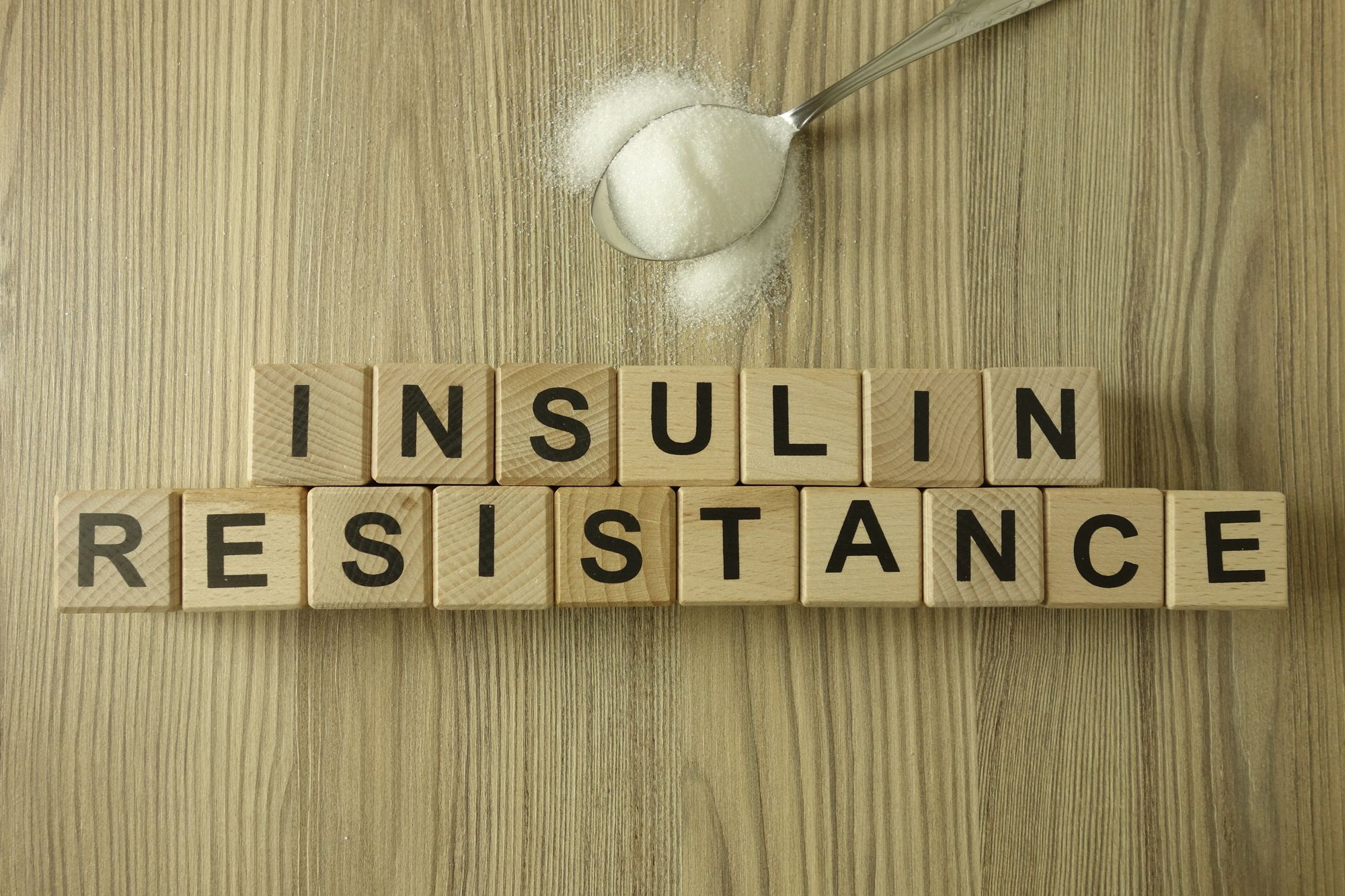Most people encounter stress in various forms, such as financial struggles, demanding careers, or relationship issues. Stress can heighten emotions and, surprisingly, it might also lead to weight gain. Experts have revealed that stress can be a significant factor in adding extra weight. In discussions with professionals, it's emphasized that stress is a critical aspect of health that often goes unnoticed yet significantly influences weight. Laura Burak MS, RD, founder of Get Naked® Nutrition and author of "Slim Down with Smoothies," highlights the importance of considering stress in weight management. According to Burak, focusing solely on diet and exercise is not enough; a holistic approach to lifestyle, including stress management, is essential for effective weight control. Even individuals who adhere to healthy eating practices may find their weight loss efforts hindered if they don't address their stress levels.
Let's explore the typical ways stress can lead to unintentional weight gain and discuss strategies to manage it.
This is How Stress Can Lead to Weight Gain
1) Emotional Consuming

When under stress, it's common to find oneself in the kitchen, mindlessly snacking on whatever is available. This behavior is often linked to the concept of comfort food. Stress frequently triggers emotional eating, which can result in unwanted weight increase.
Lisa Young, Ph.D., RDN, author of "Finally Full, Finally Slim," a nutritionist in private practice, and a member of the Medical Expert Board, explains that stress can lead to weight gain through various means. A key factor is emotional eating. Under stress, many people gravitate towards energy-dense foods like pizza, pasta, and chicken fingers, which can contribute to weight gain.
2) Reduced Insulin Sensitivity

Insulin plays a crucial role in helping glucose enter the liver, fat, and muscle cells in your body, as outlined by the Cleveland Clinic. This process is essential for cells to use glucose as an energy source.
Chronic stress can negatively impact the effectiveness of insulin. As Lisa Young explains, this reduction in insulin function can lead to an increase in body weight because insulin finds it harder to regulate fat storage in adipose tissues.
3) Neglecting to Prepare Healthy Meals

During a hectic week, it's common to opt for less healthy meal options. When time is limited, many people resort to fast food, snacking, or skipping the preparation of nutritious meals at home. Studies have shown a connection between the consumption of fast food and ultra-processed foods and an increase in weight.
4) Disrupted Sleep Cycles

Quality sleep is essential for various health aspects. Burak points out the close relationship between stress and sleep quality. High stress or anxiety levels can lead to difficulties in sleeping, which she believes is a significant factor in weight management challenges and the prevalence of overweight and obesity issues.
Inconsistent or poor-quality sleep can disrupt your hunger hormones, as explained by Burak. This disruption can adversely affect your metabolism and the choices you make regarding food.
5) Elevated Cortisol Levels

When you experience stress, your cortisol levels, also known as the stress hormone, increase. This surge in cortisol can negatively impact your metabolism. As Young points out, research has shown that elevated cortisol can slow down metabolism, complicating weight management efforts. Furthermore, high cortisol levels can lead to fat accumulation, adding to the challenge of weight gain. Elevated cortisol can also cause issues like disrupted sleep, high blood pressure, and increased blood sugar levels.
6) Lack Of Exercise

When you're preoccupied with concerns or overwhelmed with responsibilities, prioritizing self-care, including exercise, often gets neglected. This can mean missing out on gym sessions, walks, runs, or yoga practices. However, engaging in even a small amount of physical activity is beneficial. Research indicates that regular exercise can contribute to weight loss.
Effective Strategies for Managing Stress-Induced Weight Gain:
1) Identify the aspects of your life contributing to stress and make the required changes

Burak emphasizes the ripple effect of making a single positive change in your life. By gradually incorporating small improvements, you can start to reduce your stress levels. For instance, finding ways to incorporate more physical activity into your daily routine can be a good starting point.
It's crucial to dedicate sufficient time for yourself, especially for maintaining your exercise regimen, even if it means shortening the duration. Burak explains that increasing your physical activity, like taking more steps and spending time outdoors, can boost your mood and enhance your mental and physical strength. This, in turn, can lead to healthier eating habits, improved sleep quality, and an overall reduction in stress.
2) Maintain a Journal to Track Your Food Intake and Mood

Many eating habits stem from boredom, procrastination, and emotions, making it crucial to be aware of what triggers these patterns. Burak recommends keeping a food and mood journal. She notes that clients who understand the connection between their mood and food choices often make significant improvements in their habits and weight management.
3) Explore Natural Methods for Stress Relief

Burak suggests trying out various natural methods to alleviate stress. This could include adopting a quality diet rich in fruits and vegetables, indulging in a warm bubble bath, engaging in guided meditation, increasing daily physical activity, and establishing relaxing bedtime routines, such as enjoying a calming cup of tea.

